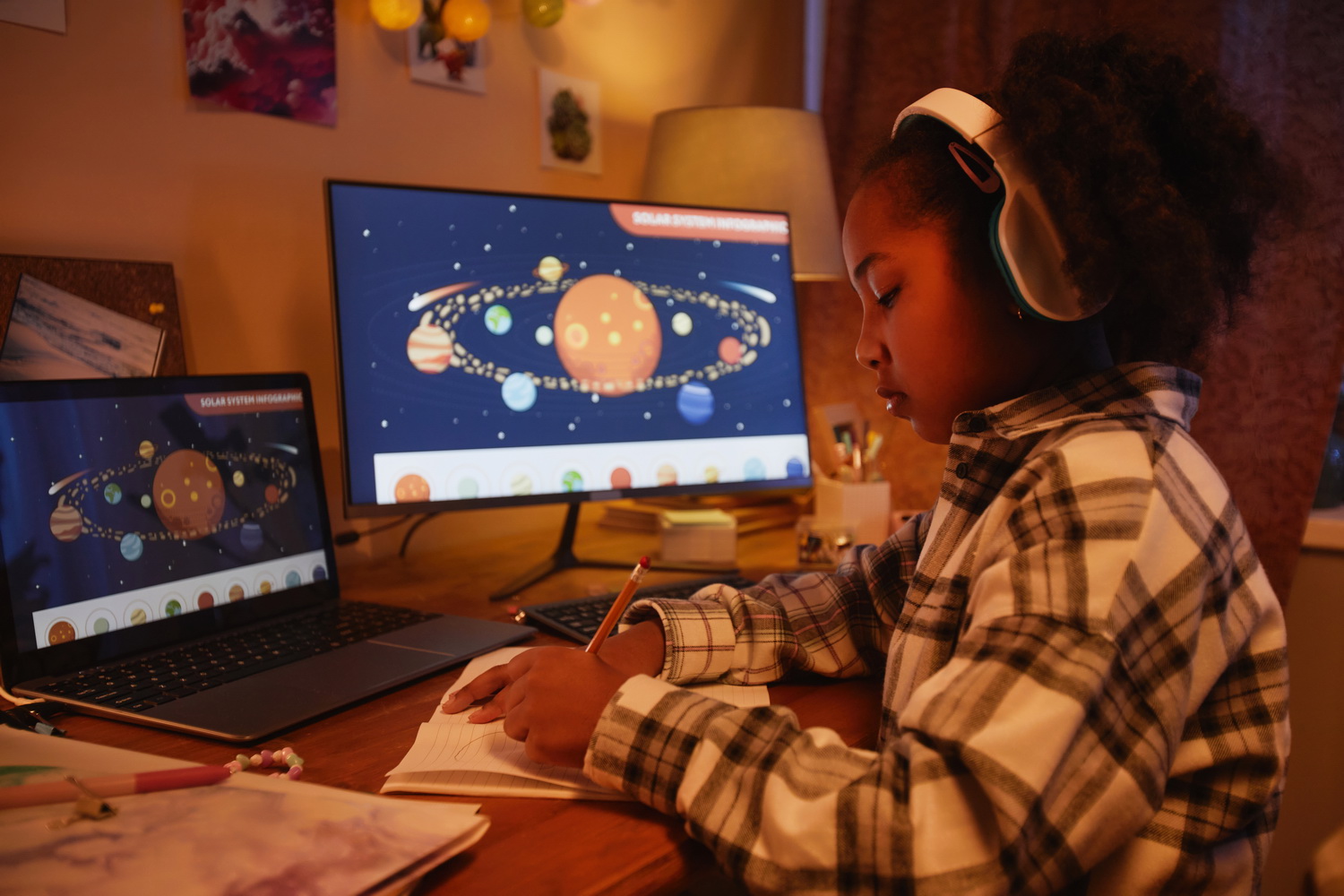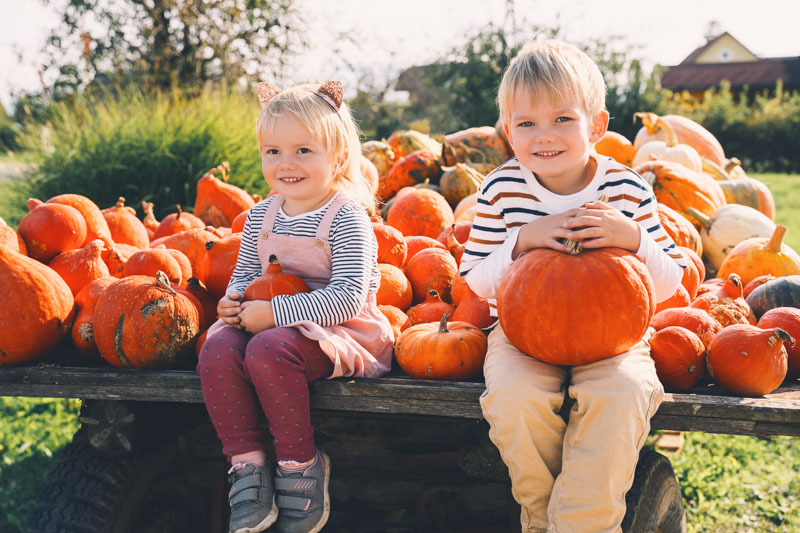Easter History and Facts for Children
April 12, 2022
Ensuring our children have religious understanding and tolerance is something parents, teachers and caregivers should work hard to instill. Blind acceptance, or ignorance of the strife caused by religion, however, is not the same thing. Raising curious, interested and open young people is very important, as it will allow them to learn about the people, cultures and faiths around the world whilst maintaining critical thinking skills.
Easter Celebrations
Encouraging religious education and awareness is particularly relevant with the up and coming Easter holidays. Easter weekend is celebrated, this year, from April Friday 15th to Monday 18th and honours the resurrection of Christ as recorded in the Bible and believed in the Christian faith. Christians believe, as stated in the New Testament, that Jesus Christ, the human incarnation of God, was crucified by the Romans and born again three days later.
Christians believe Jesus’s crucifixion and subsequent death was an act of ultimate sacrifice for the sins of humankind, in order to offer redemption and forgiveness to everyone on Earth. Jesus’ resurrection follows his death and is proof of his status as the son of God. The Bible says that those who believe in Jesus will also be given eternal life and will be welcomed into the Kingdom of God when they die - mainly understood as heaven.
This weekend of sacrifice, redemption, death and rebirth is therefore of huge significance for Christian believers. All of these concepts can be a little difficult to explain to children, and so it is important when explaining religious beliefs to little ones to ensure it is age appropriate.
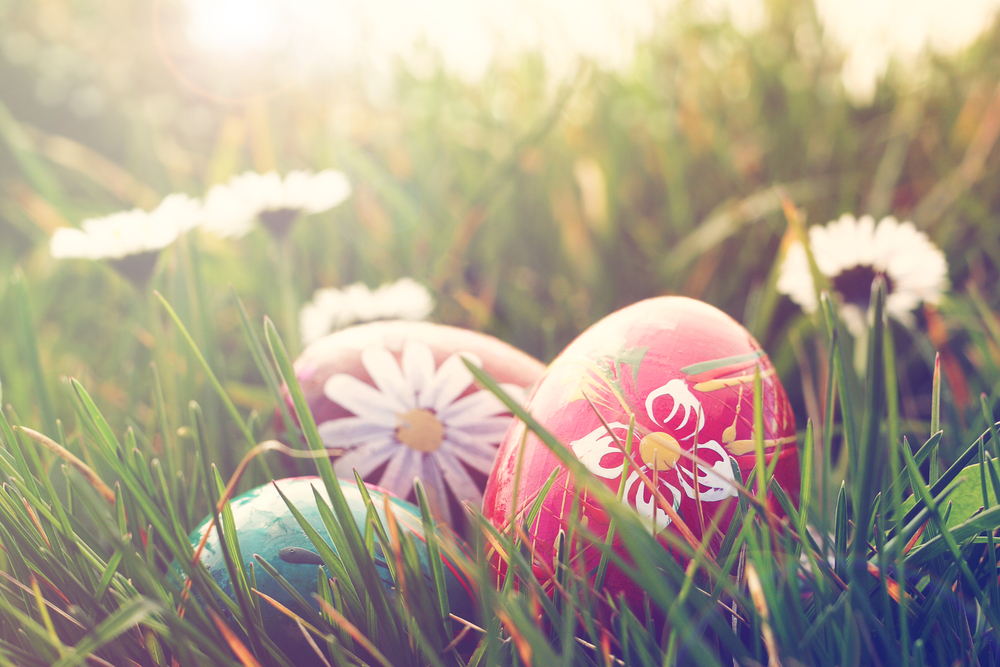
You can tell the story of Easter and Jesus Christ as it is told in the Bible and help your children understand what Christians believe. Stories, images and simple explanations are great ways to inform children.
You could even make a timeline to help them understand more fully, and include Lent, Holy Week, Holy Thursday, Good Friday and Easter Sunday to establish a useful Easter chronology.
Traditions of Easter — Modern Ways
For Christian families the religious traditions of Easter may be familiar to all, young and old alike. Christians around the world celebrate the religious occasion by attending special church services, listening to and singing Easter music, lighting candles, laying flowers, and ringing church bells.
Whether religious or not, children may be more familiar with the giving and eating of eggs, which is an act closely associated with Easter due to their link with new life and rebirth. This is of course related to the rebirth of Jesus and his resurrection three days after his crucifixion.
In the Medieval period, it was forbidden to eat eggs during the 40 days of Lent (the days before Easter) and so after the completion of this period it became a custom (and a delicacy) to enjoy eggs on Easter Sunday. The giving of eggs has always been linked to new life and the giving of them at spring festivals dates back to ancient history. Therefore the traditions of egg eating and giving became a part of Easter celebrations.
For poorer people, egg eating was especially exciting because they were unable to eat meat as it was too expensive. On Good Friday, eggs were donated to the church as religious offerings or to the lord of the manor as a mark of respect and devotion.
With eggs becoming a part of Easter religious beliefs, a lot of superstitions evolved around them. Some people thought that the eggs produced on Good Friday would become diamonds after 100 years, and eggs cooked on Good Friday would help people conceive children and reduce the risk of death - which in medieval times was much more common than now.
Nowadays, chocolate eggs are an accepted part of Easter for lots of children, however the eggs that were given were not always chocolate. Decorated hen, duck or goose eggs used to be gifted at Easter. It was only in 1873 that the first chocolate egg was sold in the UK by Fry’s, before being followed by Cadbury’s in 1875.
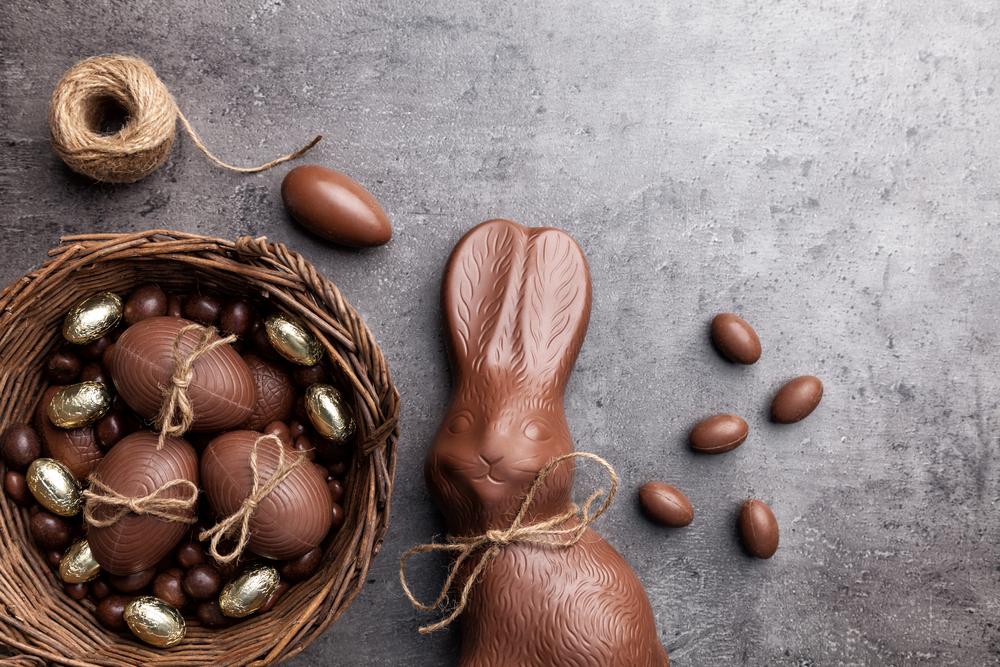
From this perspective Easter has become commercialised. The creation of the Easter Bunny and other non-religious characters have also come into being and bear no relation to the biblical traditions surrounding this time of year.
Therefore, it is important to tell your children the stories and religious roots behind the giving of Easter eggs so that they can more fully understand the traditions and customs of the cultures and faiths they belong to.
Rebirth — New Life
As well as celebrating the death and resurrection of Jesus, Easter is also heavily tied into the season of Spring which is known as a time of awakening, not just in a religious sense. Spring is a time to educate children about Easter and Christianity, as well as about the way in which our natural world comes to life. You can take your children for a walk and teach them about how Spring is the time of year when animals are born, flowers bloom and nature’s cycles come out of hibernation and into view.
The link between Spring and spiritual events can be seen within many of the main religions, with Passover, Ramadan and Easter all traditionally occurring around springtime. Jewish, Muslim and Christian observances all therefore have something in common, and it is important to educate children about the other main religions to encourage tolerance and awareness as they mature.
Easter Activities
For a lovely Easter activity, you can set up a crafting area in your home and lay out a selection of eggs for decoration. Choose different size eggs, paints and crafting materials, as well as chocolate eggs and icing. Spread this diverse array of crafting activities on a table and use it as a lovely opportunity to explain to your little ones how eggs relate to Easter, whilst they are busy crafting, painting and icing. You can share the traditions of Easter and the ways they have evolved since medieval times.
Alternatively, there is the option to create papier mache eggs and really get immersed into the playful messiness of Easter-related crafting activities. Stock up on water balloons, glue or papier mache plaster, scissors, paint brushes, acrylic paint, glitter glue and acrylic sealer and set your little artistic ones to work making the best egg they can muster.
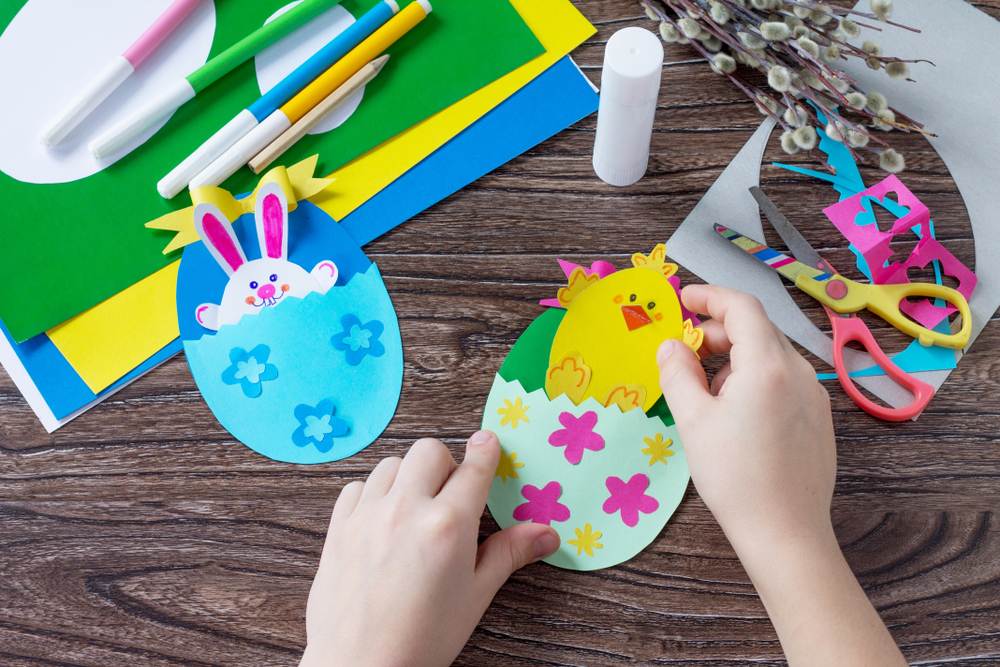
A Time for Family
Ultimately, whether religious or not, Spring, Easter and the other religious events that occur around this time each year, provide families with a great opportunity to spend quality time together. Kids Academy provides the abundance of free learning resources, that you can use to variegate your kid's spring vacation!
Educating your children about Easter by sharing interesting facts and historical information, as well as by undertaking fun activities together, makes this time of year one to be enjoyed by families all over the world, whatever their religious denomination.
About the author
Alison Carter - Play-Based Educator, ESL Teacher, Trauma Sensitive Yoga and Pilates Teacher.
Manchester, England, UK.






